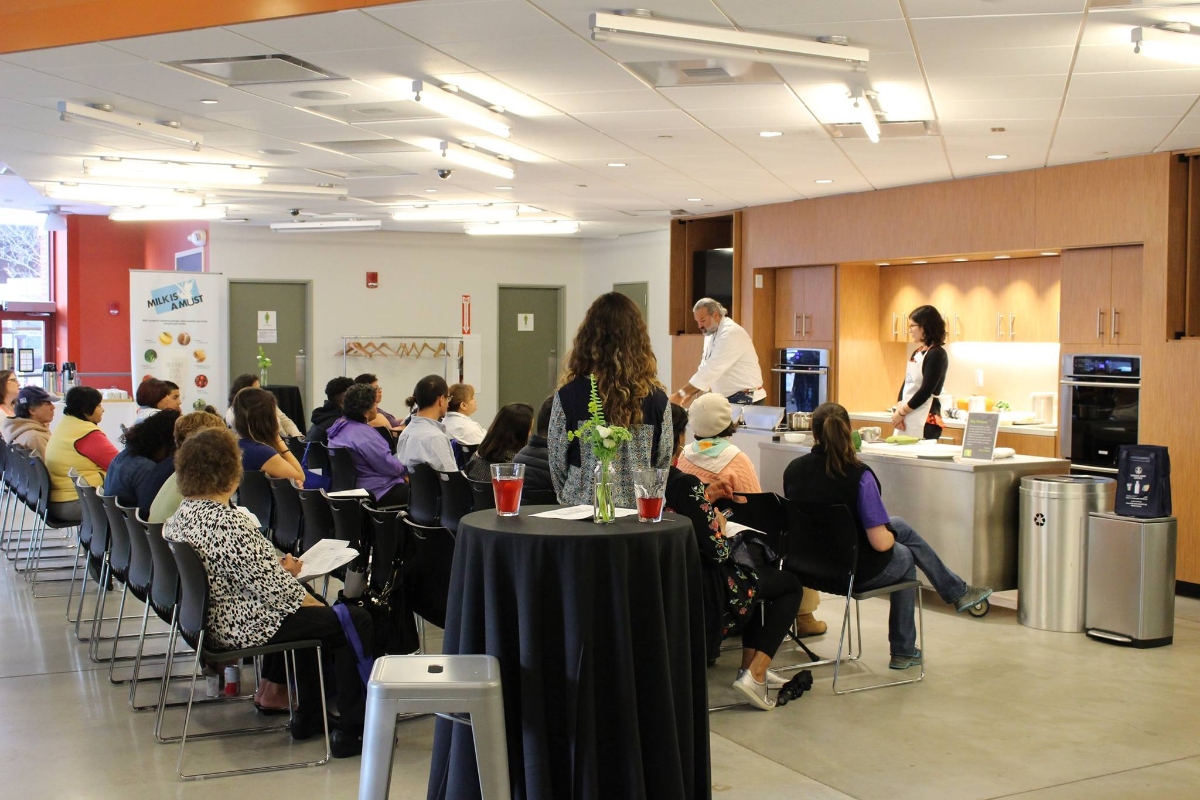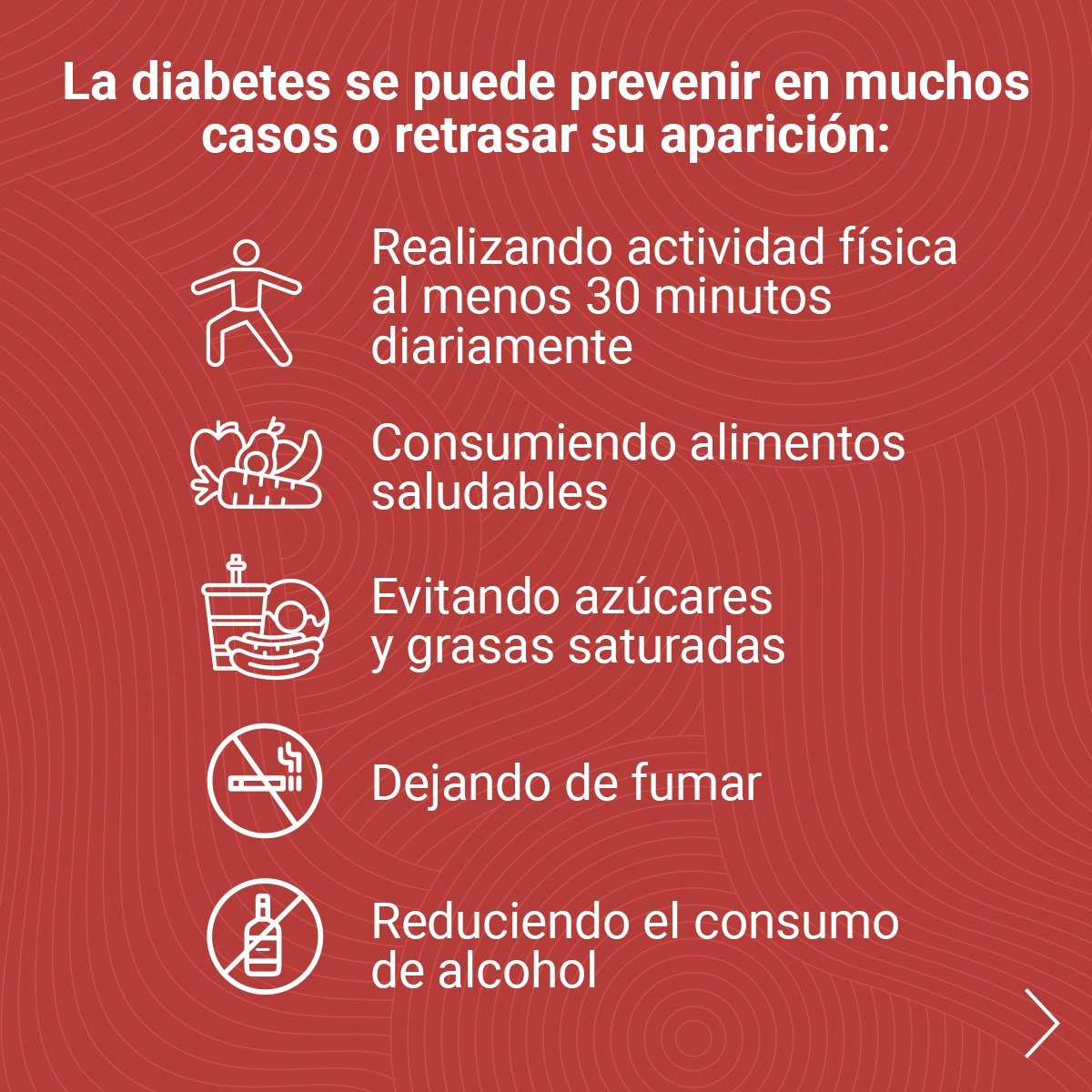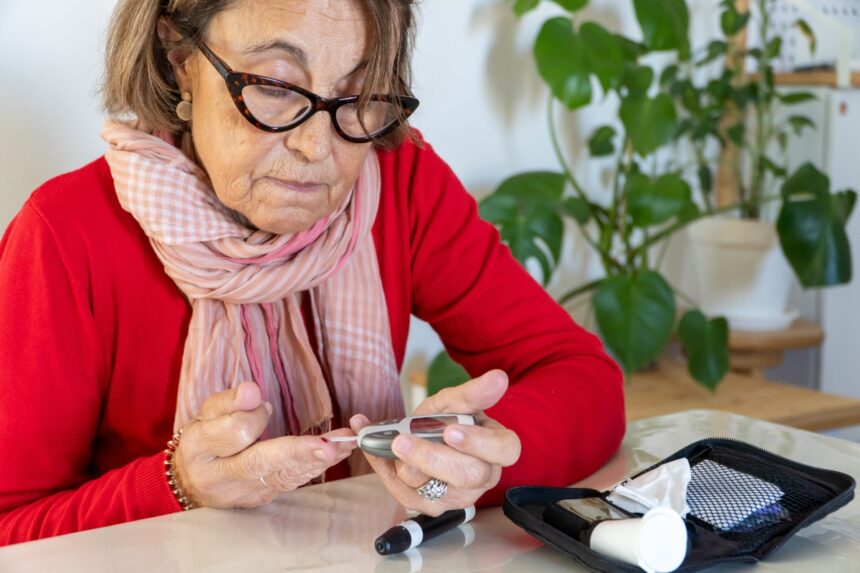Diabetes is one of the chronic diseases that disproportionately affects the Hispanic community in the United States.
In Boston, there are free and accessible resources to educate, prevent, and manage this disease. Here’s how to take care of you and your family’s health.
Specialized diabetes care clinics

Boston has clinics such as the Joslin Diabetes Centernationally recognized for its specialized care.
This center offers educational programs and consultations in Spanish to help families manage their diabetes.
In addition, they launched the Latino Diabetes Initiative program that provides free workshops on nutrition, exercise and glucose monitoring.
Another outstanding resource is the YMCA Diabetes Prevention Program, which offers group classes in Spanish to teach healthy habits and prevent the development of the disease.
Access to healthy and affordable food

Maintaining a balanced diet is one of the most important factors in effectively managing diabetes.
Eating a variety of nutrient-rich foods, including fresh fruits, vegetables, whole grains, and lean proteins, helps regulate blood sugar levels and supports overall health.
For individuals looking to incorporate more fresh produce into their meals, community markets such as the Boston Public Market provide access to high-quality, locally sourced fruits and vegetables.
Additionally, initiatives like Fresh Truck, a mobile market program, make it easier for underserved communities to obtain fresh and nutritious foods.
To ensure affordability and accessibility, these markets and programs accept government assistance benefits such as SNAP (Supplemental Nutrition Assistance Program), allowing individuals and families with limited financial resources to purchase healthy food options.
This initiative helps promote better nutrition choices, making it easier for people managing diabetes to maintain a diet that supports their well-being.
Additional help lines and resources

If you have questions about how to manage your diabetes, you can contact the American Diabetes Association’s helpline at 1-800-DIABETES, where they offer information in Spanish.
You can also consult online resources on the Massachusetts Department of Public Health website.
Caring for your family, one step at a time
Remember that managing diabetes is a team effort. With the right resources, you can improve the quality of life for you and your loved ones.
You are not alone on this journey, there is support available for you in Boston
QuéOnnda.com
For more news from Boston, visit QuéOnnda.com.














